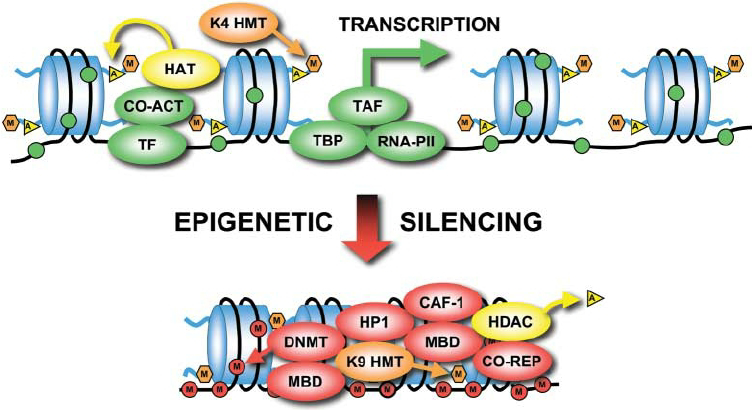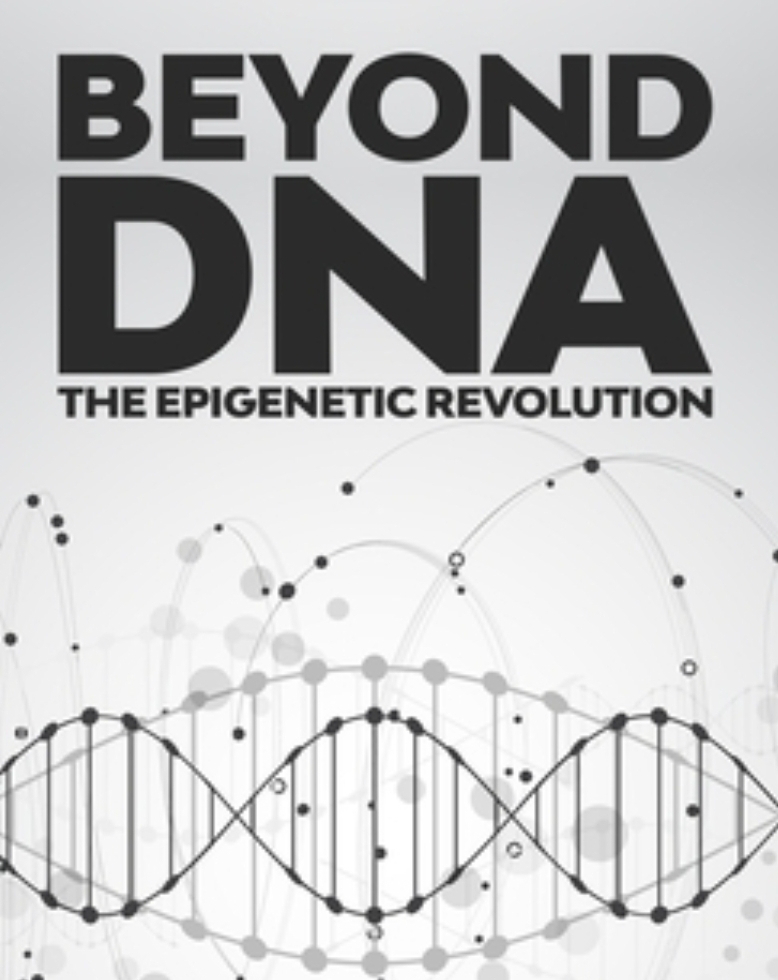Epigenetics Silencing Beyond the Modern Synthesis

Epigenetic silencing, a layer of cellular control that regulates gene expression without altering the underlying DNA sequence, offers a compelling mechanism for the rapid and stable maintenance of novel phenotypes. This "beyond genetics" system, involving modifications like DNA methylation and histone modifications, profoundly influences how genes are read and expressed. When certain genes are epigenetically silenced, their corresponding proteins are no longer produced, leading to a phenotypic shift. Crucially, these epigenetic marks can be stably inherited across cell divisions and across generations, providing a mechanism for the sudden appearance and persistence of new traits. Epigenetic Silencing and the Maintenance of New Phenotypes The core of epigenetic silencing lies in its ability to modulate chromatin structure. DNA, tightly wound around histone proteins, forms chromatin. Modifications to either the DNA itself (e.g., methylation of cytosine bases) or to ...




